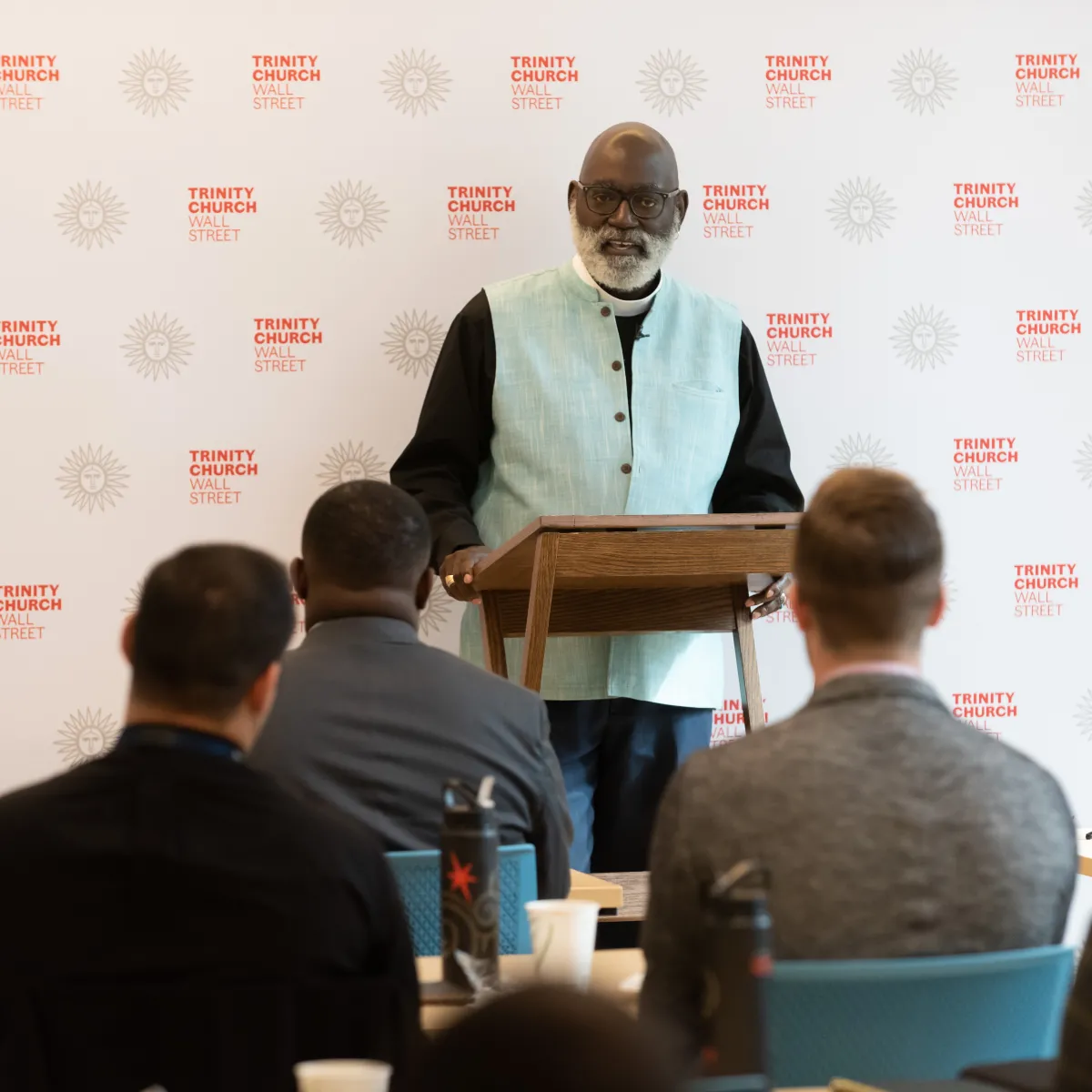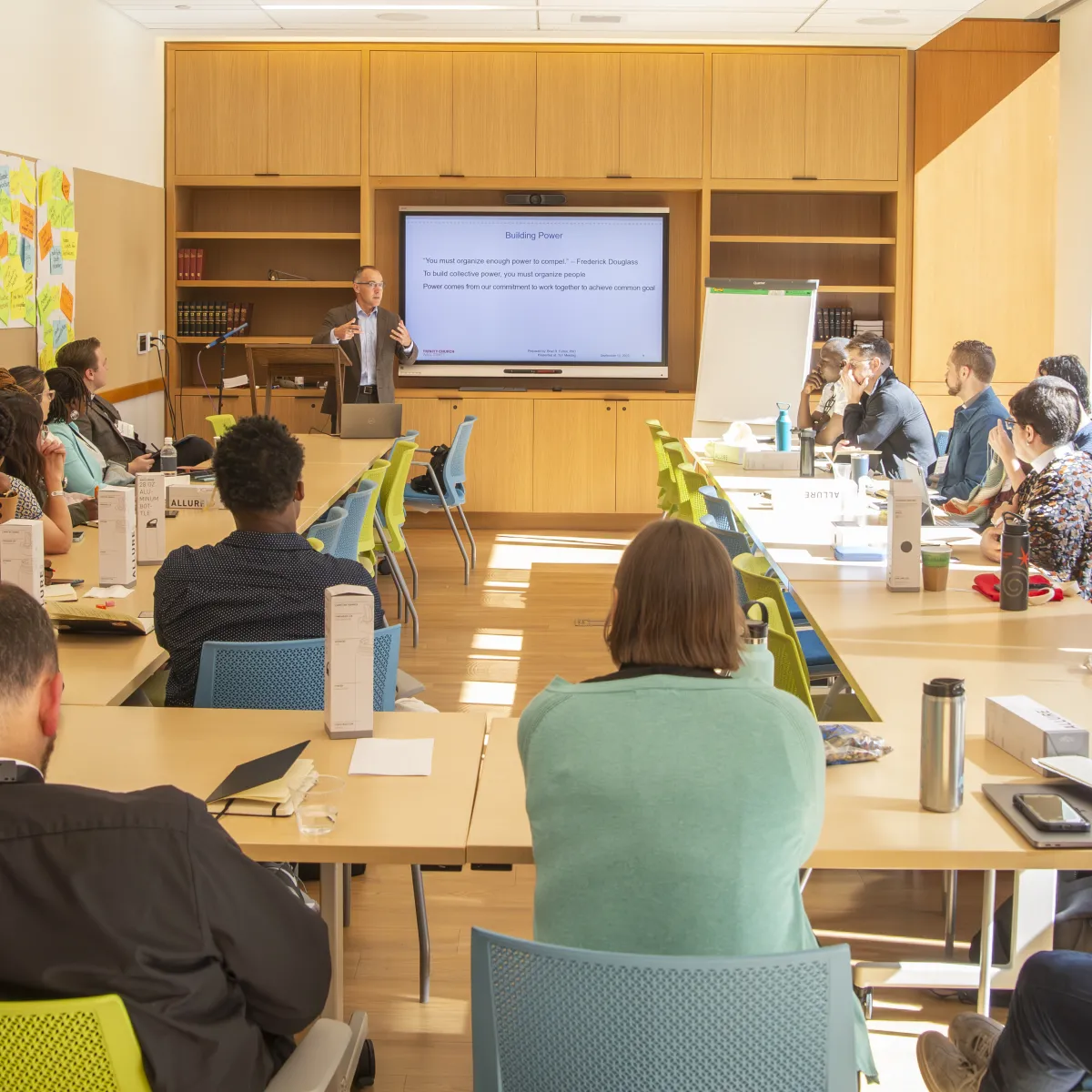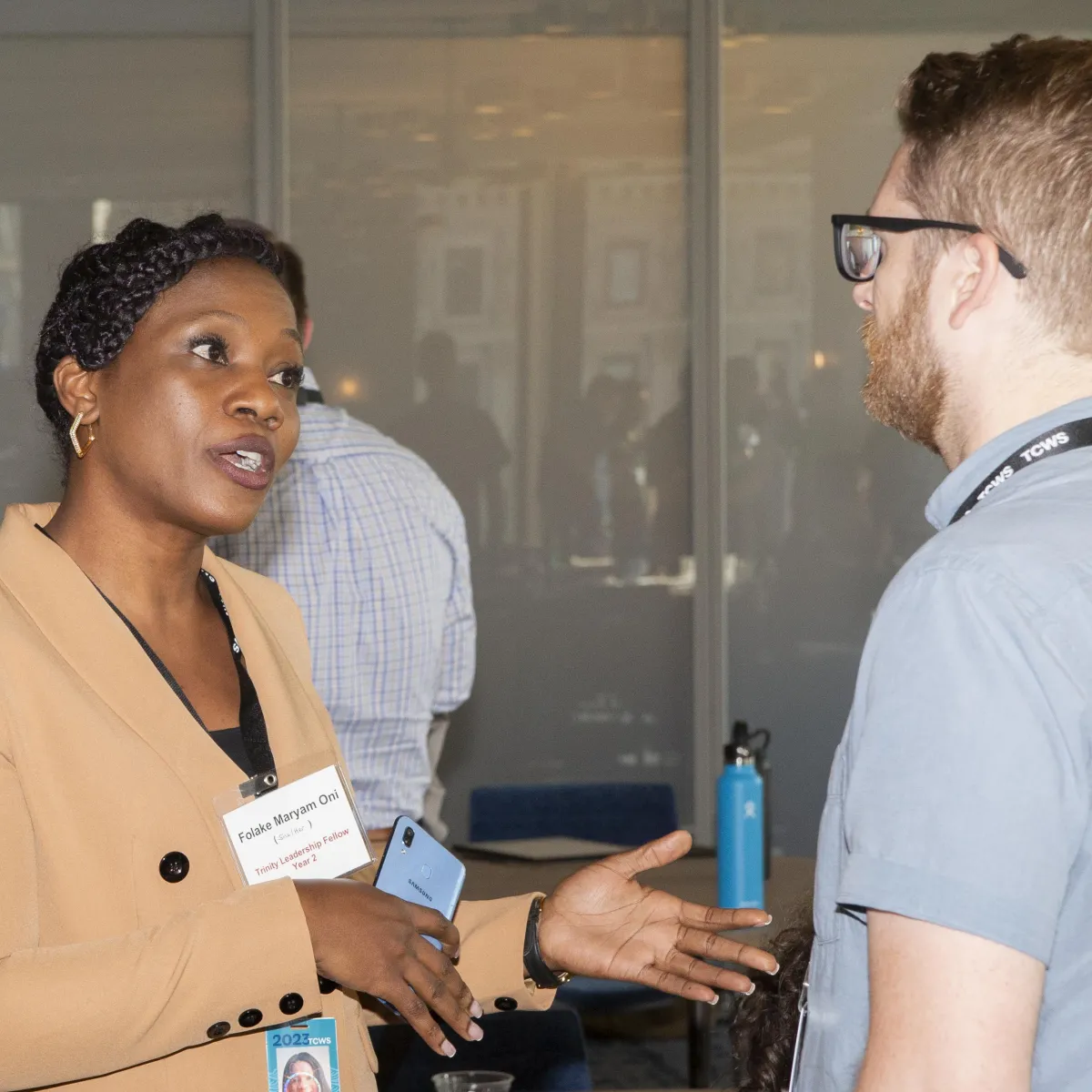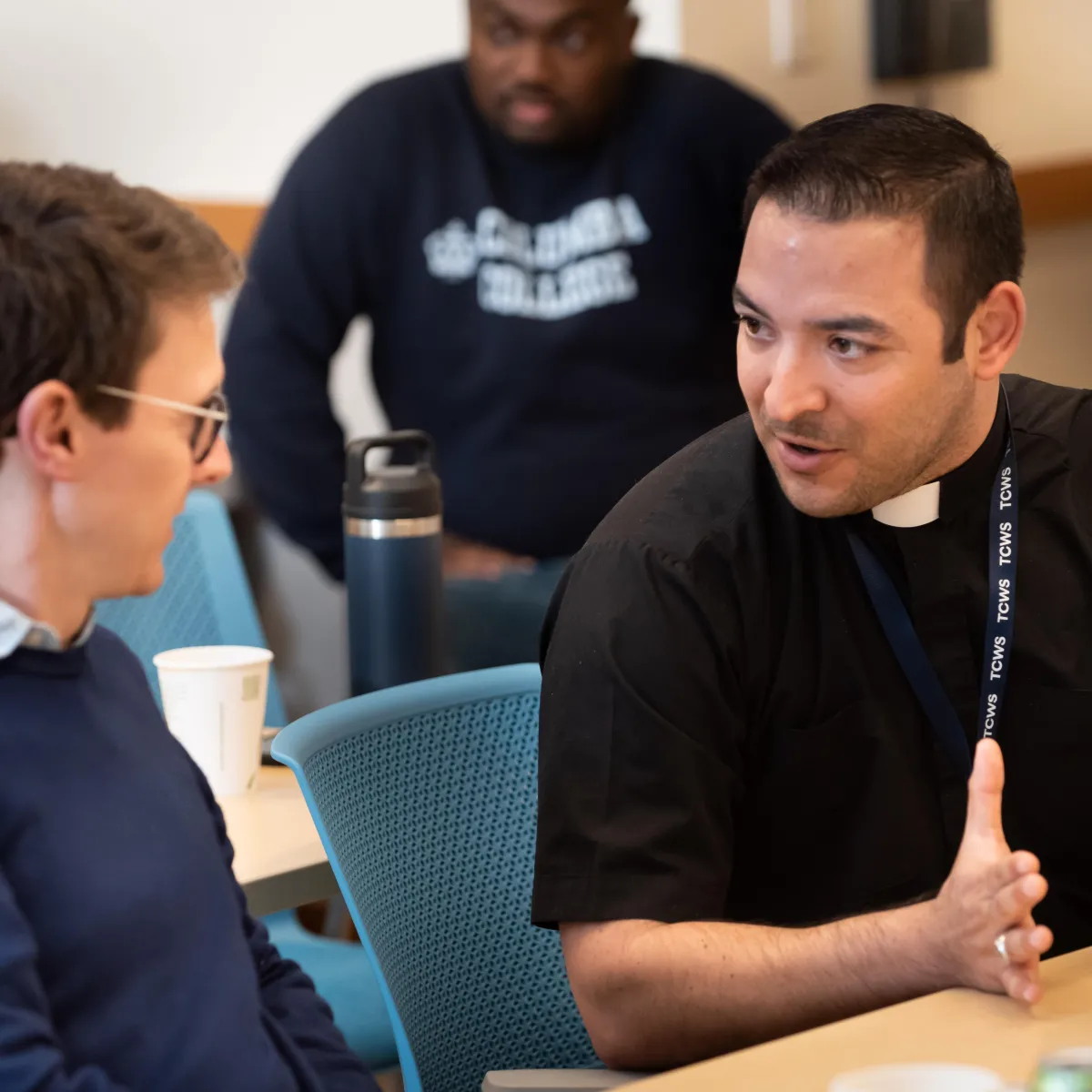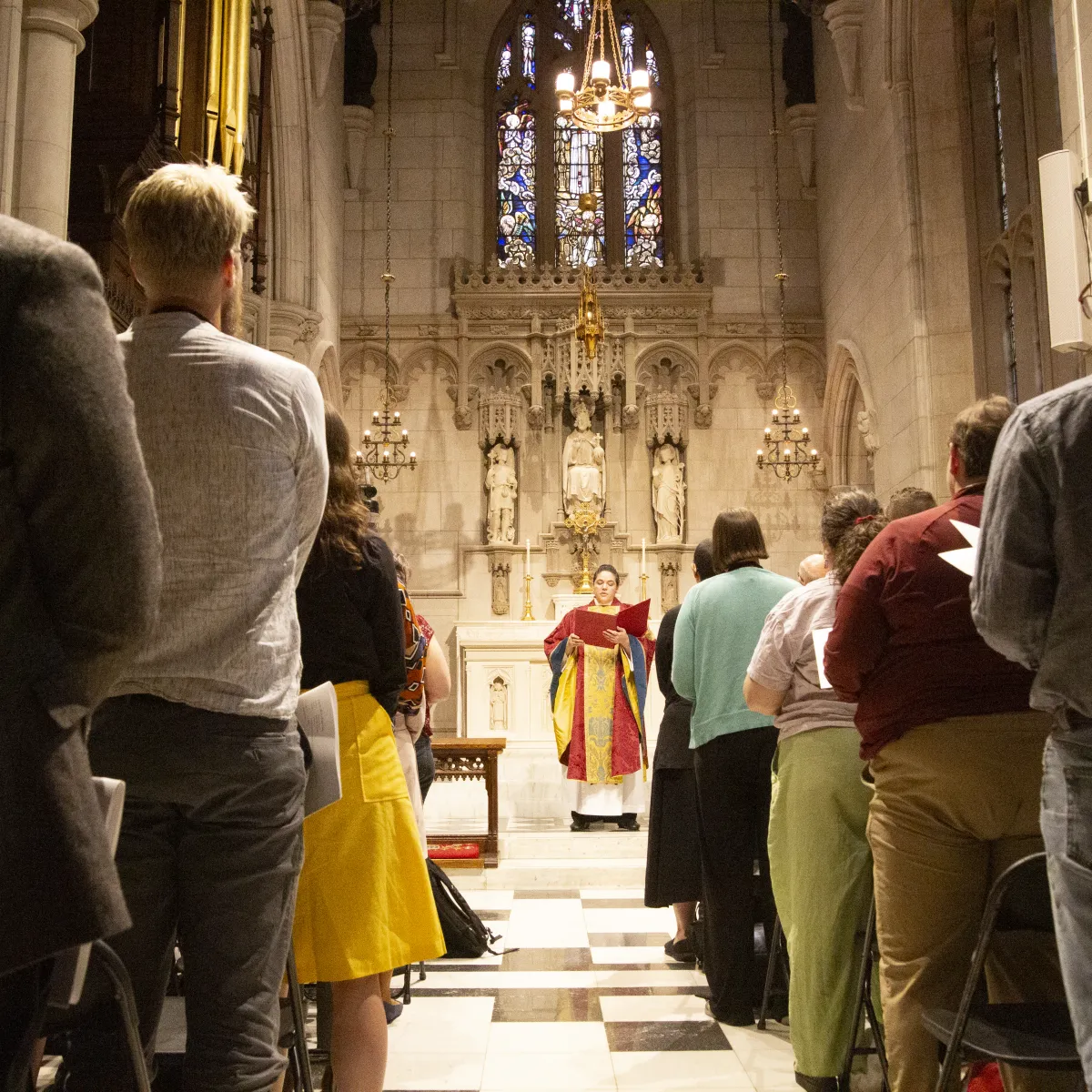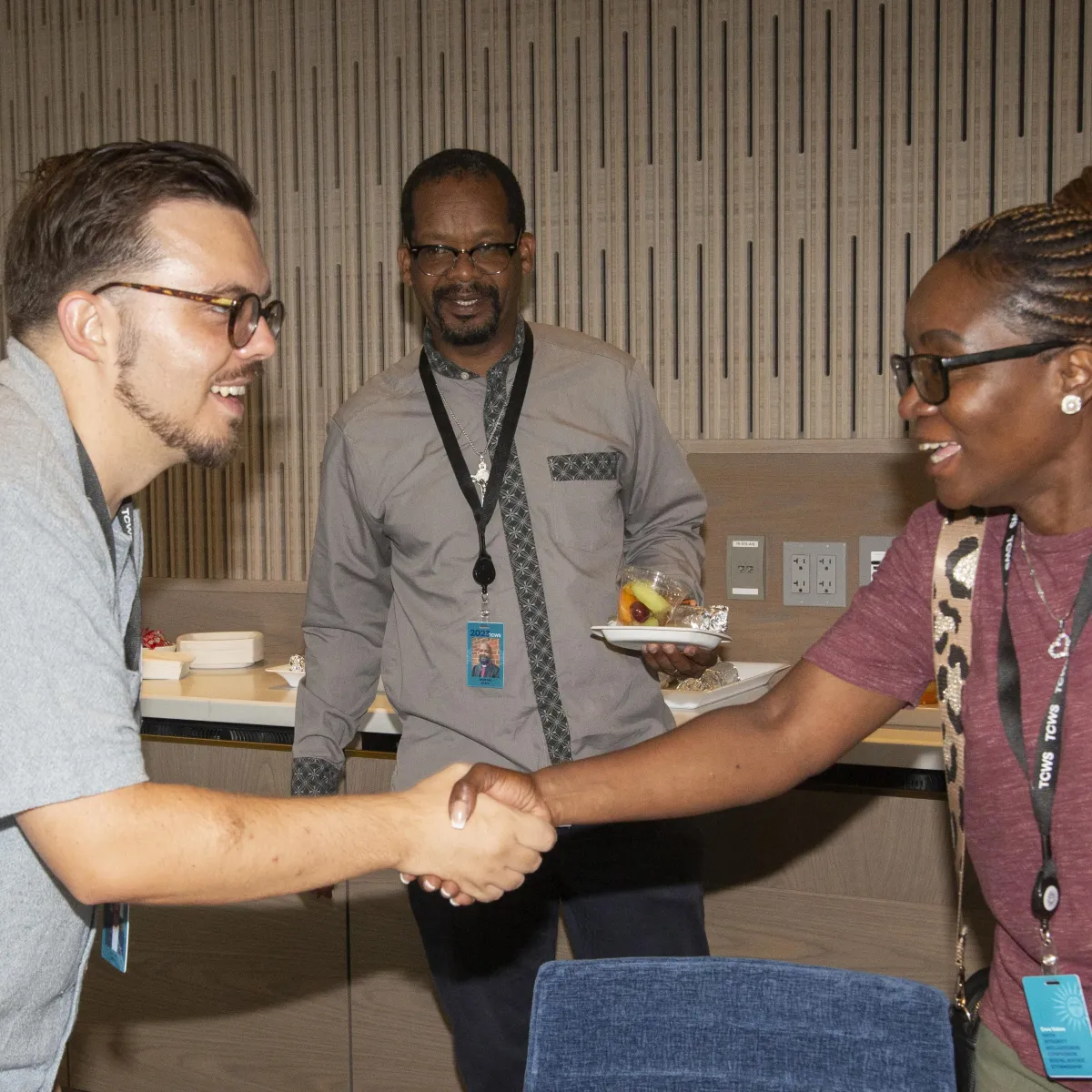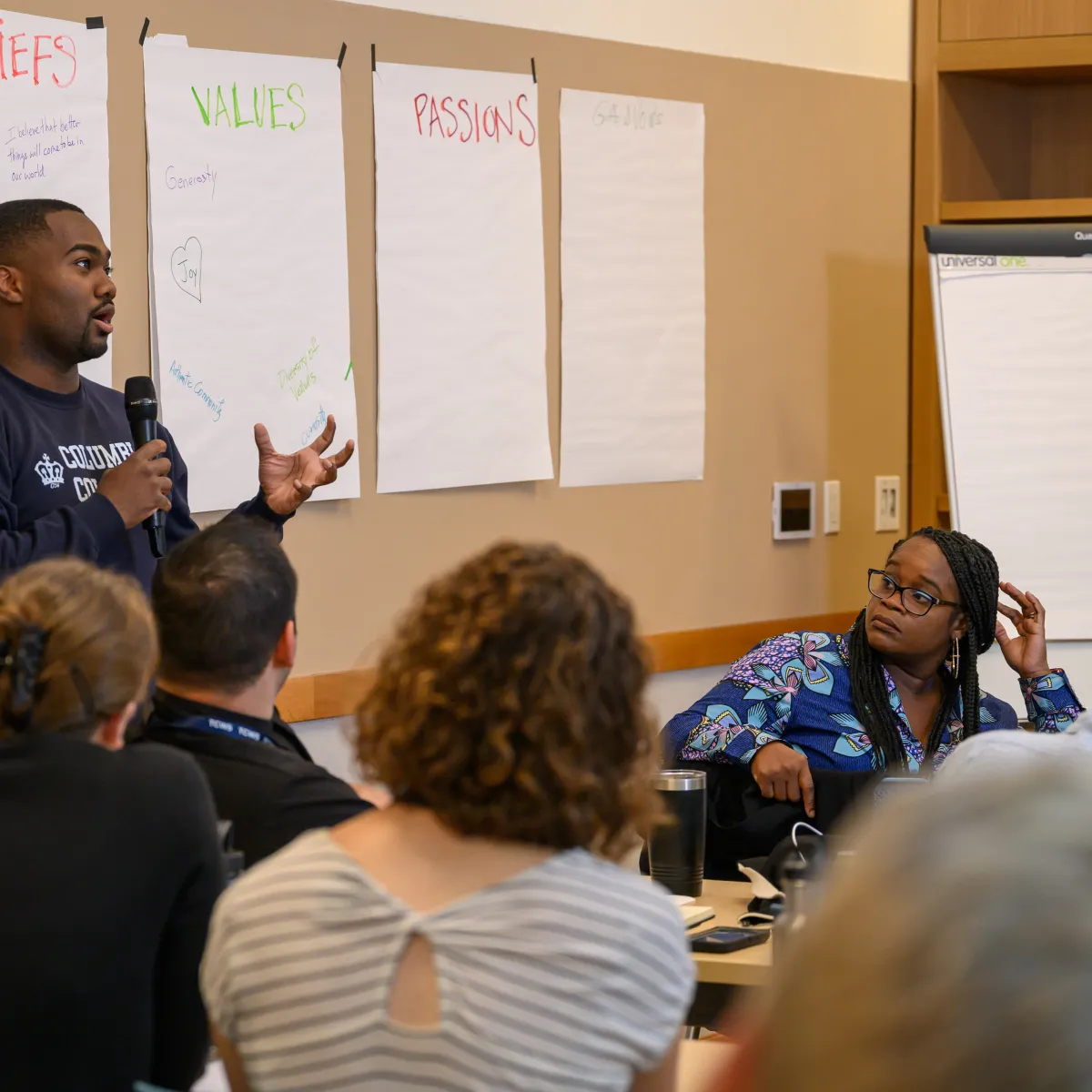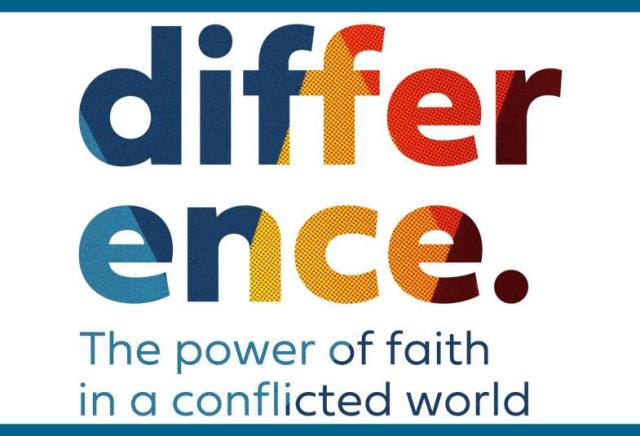Faith Leadership Campus
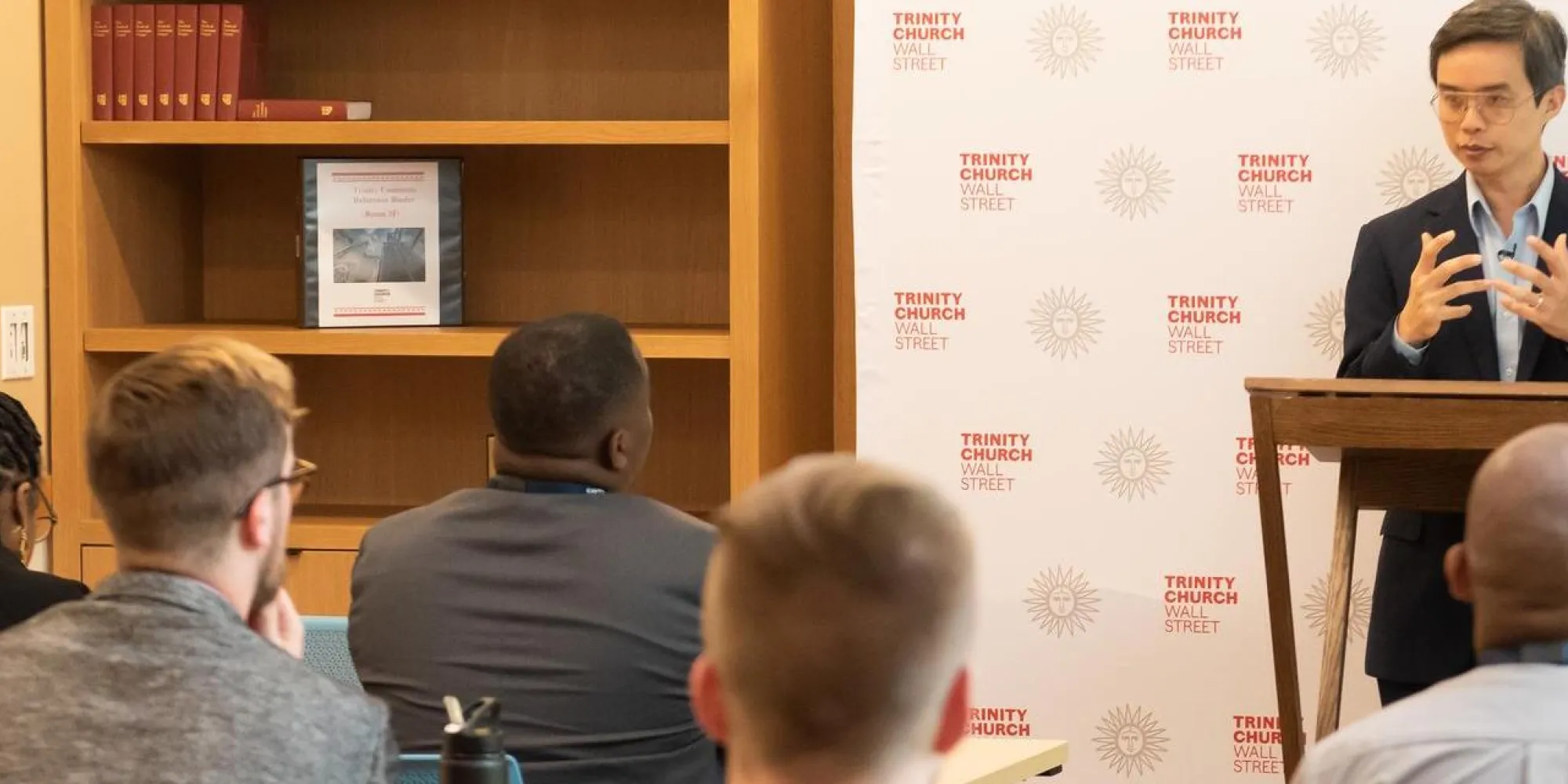
Welcome to Faith Leadership Campus, Trinity’s digital education platform.
Faith Leadership Campus is the digital home of the Trinity Leadership Fellows program and the Mission Real Estate Development initiative, offered at no-cost by Trinity Church Wall Street.
Faith leaders who serve their congregations and communities may sign up and take any course, free of charge. We encourage all users to follow the order in which the courses are listed and, if possible, go through the program as a group. If you have a group of leaders you wish to take these courses with, please submit a request and we will create a learning space on this platform for your group to learn and grow together.
TLF Core Courses
The following courses constitute the seven core courses offered to the Trinity Leadership Fellows. The courses were designed to help faith leaders gain a deeper understanding of themselves and learn practical skills in the context of their faith.
- Faith, Values, and Leadership: Understanding Yourself as a Leader
- Community Organizing
- Narrative Approaches to Conflict Transformation
- Change Management and Organizational Development
- Non-Profit and Church Administration
- Adaptive Leadership and Systems Thinking
Social Entrepreneurship

TLF Core Courses
TLF Core Courses
Elective Courses
Faith and Finance
This course teaches skills and strategies for reading and preparing financial statements and reports for a congregation. Participants will learn how to lead discussions that include the community in the congregation’s financial decision-making. This allows the church’s practice of shared possessions and authority to become an opportunity for Christian witness and formation, equipping disciples to carry out the mission of the church.
Introduction to Mission Real Estate Development
Mission Real Estate Development (MRED) is the development of church property in a way that is both income-generating and missionally-aligned, to enhance the mission work of the church both programmatically and financially. This course provides an overview of the steps involved in a Mission Real Estate Development project and important guidance to follow for those interested in investing in an MRED project for their own church.
The Difference Course
Difference is a five-session course developed by the Most Rev. Justin Welby, 105th Archbishop of Canterbury, that explores what it means to follow Jesus in the face of conflict and see transformation through everyday encounters. This course is designed for both large and small groups, meeting online or in person. It has been run in churches, home groups, prisons, and pubs to help followers of Jesus find their part to play in God’s story of restoration.







